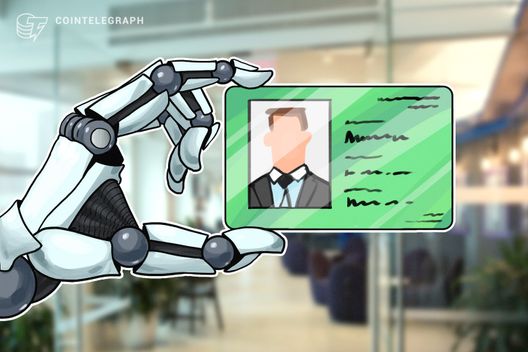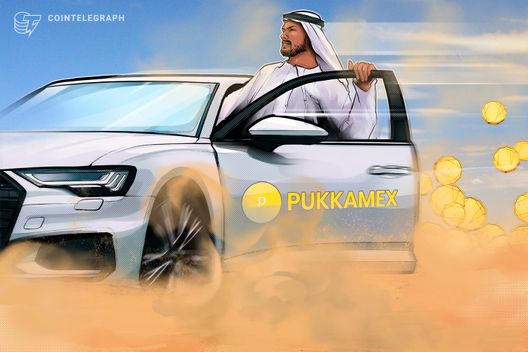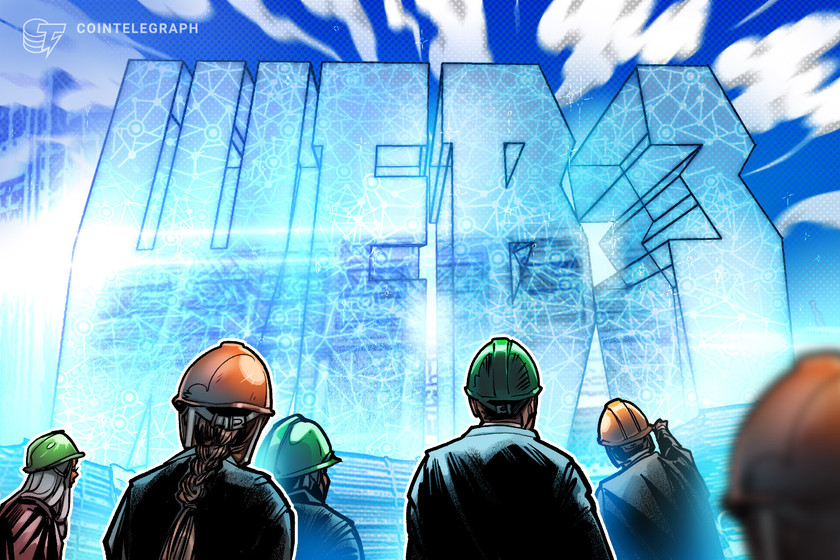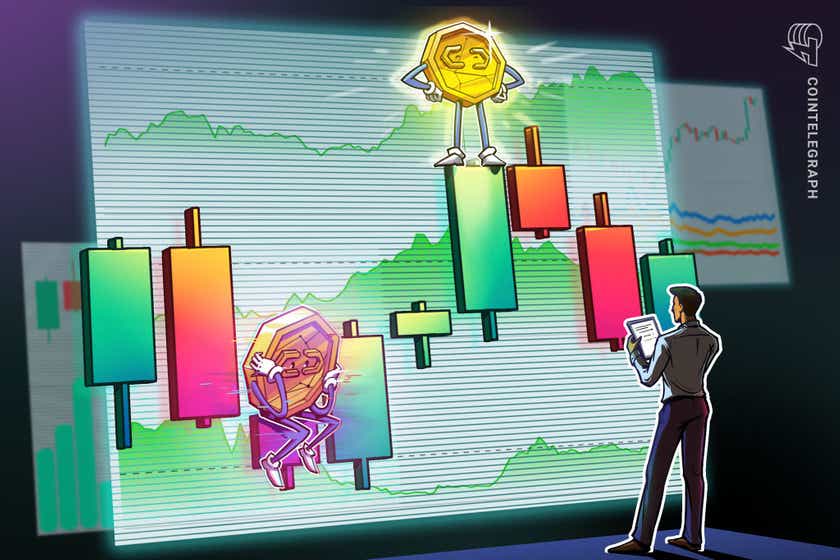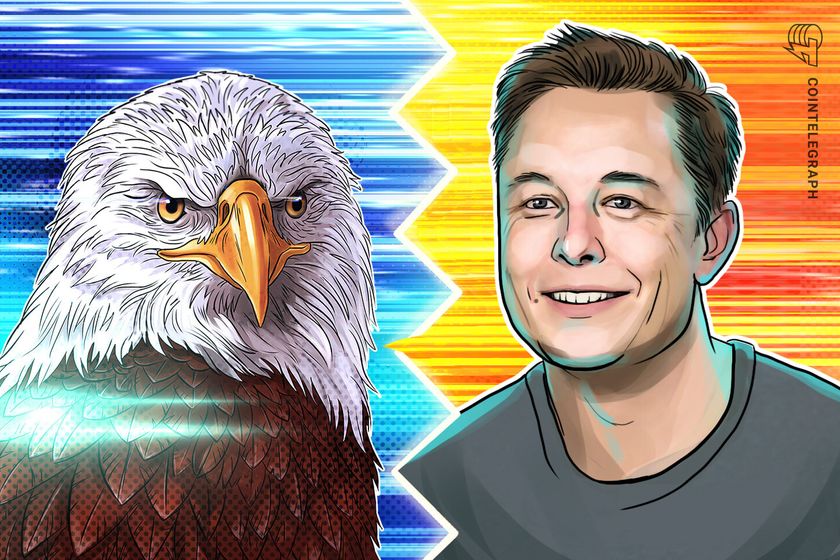If blockchain projects sold cars: Facts vs. feelings in Web3 marketing
If you look closely enough at the Web3 sector through a marketer’s lens, you begin to see a fundamental mismatch between how blockchain and crypto projects market themselves and how effective brands do it in the real world.
Let’s take a look at the car industry as an example to see what I mean. When carmakers reach out to their audiences, what are they projecting?
Here are a few examples of the first words that jump out from the main web pages of household name car firms.
- Volvo: Freedom, sustainability and safety
- BMW: Design, luxury and sustainable mobility
- Peugeot: Irresistible, fun and elegant
The visuals we see in car ads are similarly conceptual and yet highly evocative. Open roads and big skies show freedom. Green landscapes denote sustainability. Bright colors shout fun and youthful irreverence. Smooth lines and glossy surfaces speak to design, luxury and timeless elegance.
How car marketing isn’t done
Here are some messages that aren’t ever featured in car branding or that you’ll typically see anywhere in the main marketing touchpoints:
- The many applications of the car, such as how you can use it in daily life to get to work or do your shopping
- The locks, security and the track record of car thefts for this model
- How the car manufacturer organizes and governs itself, who owns shares in it or how those shares are distributed
- The relative merits of cars when compared to horses, bicycles or any other inferior/preceding method of transportation
- The fact that the car can move around on the same roads as other cars and (this is the kicker) as a passenger, you can easily get out of one car and into another seamlessly — without friction
- The market for fuel and how volatile it is
- How your fuel costs are calculated and who benefits from the fuel transactions
- How easy it is for mechanics to repair it and get parts for it, or for third parties to build add-ons like a new sound system or roof box.
I’ve chosen cars here, but we could analyze virtually any segment and the results would be the same.
A stark contrast
On the one hand, we have an industry that understands the inherent symbiosis between offering and branding, and the industry knows how to leverage that symbiosis for maximum psychological effect. The very design of the product (in this case, the car) reflects the brand that the company is trying to convey for that model, and the brand messages are consistent throughout each touchpoint. It’s all engineered to invoke the same emotional response and meet the same set of human needs through clear positioning. Every time — no matter where you encounter the brand.
On the other hand, we have an emerging (and — let’s be honest — often struggling to be heard) Web3 industry that’s trying too hard to push obscure selling points that nobody is buying. The emotional response to a brand isn’t an optional extra that can be navigated around using arguments about superior tech or governance — no matter how rational those arguments may be. People need to care, and they need to care enough in that tiny split second it takes to decide whether to say “yes” or “no.”
In that tiny moment, only a few people care about the technical superiority, the transactions per second, the robust governance model or the high-security consensus. But, those factors aren’t enough for the vast majority of people to become emotionally invested.
Finding the emotional levers: Responding to human needs
So how do you know what people are buying? What’s driving them to make that emotional leap? What needs are they seeking to satisfy when they come looking for your offering?
Well, you could ask them.
We live in a world awash with data and the easy ability to collect as much of it as we wish. Market research is simply a matter of going out and asking the right questions.
If you already have a live product or a service, find out from your existing customers why they’re a fan of your product. What is it exactly that they love? A slick user interface? Excellent value for the money? Time-saving capabilities? World-class, white-glove customer service?
Similarly, if you’re looking to launch, find ways to get answers to these questions about a hypothetical product. Carry out polls and create tests. Use bogus landing pages to see what people click on.
But, the real answers you seek will lie a layer deeper. What’s behind those decisions? How do people respond to your brand, and why do they like it? How does it make them feel? Rich? Safe? Generous? Included? Frivolous? Like a winner?
And which of their needs are these feelings satisfying? Simplicity or sophistication? Safety or disruption?
Figure out the emotional payback and you’ve worked out how to connect with your audience.
So, my key message for Web3 operators is to keep the tech focus behind the scenes where it belongs. Just like in the world of cars, there will be a niche audience of hardcore fans who care about it enough to peek behind the curtain.
But the masses — your main audience — don’t care about how it works. They care about how it meets their needs. So, focus on how you’re able to meet those needs by delivering a familiar, reliable emotional response with your unerring brand consistency.
People might tell you they deal with facts rather than feelings, but don’t be fooled. The carmakers aren’t.
German is co-founder and chief relevance officer of THE RELEVANCE HOUSE, a branding and marketing agency focused on blockchain and Web3.
This article was published through Cointelegraph Innovation Circle, a vetted organization of senior executives and experts in the blockchain technology industry who are building the future through the power of connections, collaboration and thought leadership. Opinions expressed do not necessarily reflect those of Cointelegraph.

